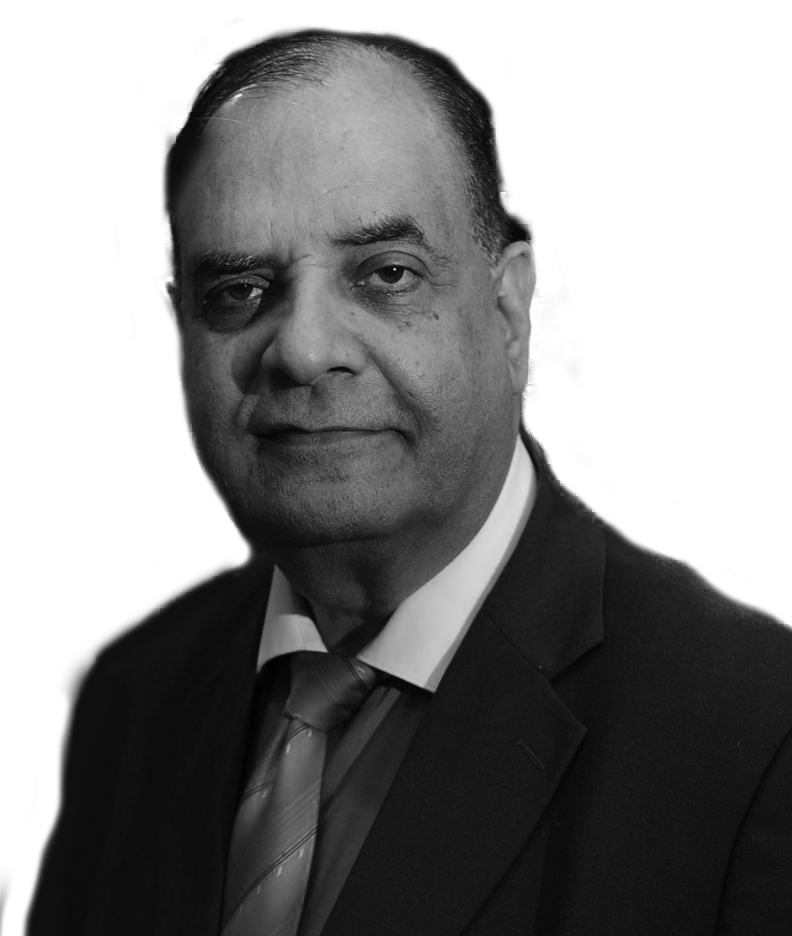The threat of chaos of political bias and unregulated social media.
New Delhi: In India, which is called the world’s largest democracy, at this time, arrows and bombs are being rained on the entire system from different directions. One who trusts in the judicial system one day, the next day, if the decision is not favourable, he accuses the same. The courts and the Supreme Court judge sometimes call for self-improvement and are sometimes proactively overturning the decisions of the executive. The state governments, which have raised the voice of rights in the federal structure, have started colliding not only with the central government, but even with the governors. It will seek cooperation from agencies like CBI itself, but if it comes under fire from any of its rulers, it is barring its entry. Many serious issues and cases hang for years in Parliament, Legislative Assembly, and courts. Isn’t the trend alarming for Indian democracy?
Just look at the latest two decisions of the judiciary. The Supreme Court first hanged the accused in the Rajiv Gandhi assassination case, then converted that to life sentence, and now released the accused by hammering on the authority of the Governor. There is a provision in the constitution for the governor to follow the advice of the government, but also have the right to consider his decision, and to take care of the wider national interest. Several recommendations over the past decades have been kept under consideration for months and years by Governors and Presidents. After all, the accused was punished based on crime and laws only by the previous senior judges. The ruling DMK government in Tamil Nadu now considers the accused as its party man. So the party recommended a pardon. But as a responsible representative of the Centre, it was appropriate to keep pending the release of the accused of killing the former Prime Minister in the country’s biggest terrorist attack, keeping the idea of sending a wrong message to the society. The Honourable court released the accused for showing hyperactivity. But see the climax, the Chief Minister of Tamil Nadu and his associates are welcoming the murder accused as if a patriotic revolutionary social worker has been released from jail. In which democratic country of the world does any government give such respect to a convict of murder? The saddest part is that the Congress of Sonia-Rahul Gandhi is included in the coalition government of Tamil Nadu. The same Sonia Gandhi and her associates had expressed deep displeasure at their own former Prime Minister Narasimha Rao over the delay in the investigation of the Rajiv assassination case and punishment to the criminals, and accused DMK of cooperation in the murder case.
If the accused of this murder case is troubled by the delay in their release from jail, then the next day after the verdict Navjot Singh Sidhu, the dearest colleague of the top leaders of the same Congress, was proved guilty of killing a common man 32 years back. Shouldn’t it be a pity he has been sent to jail only for one year? Also, had this punishment been done years ago, a good message would have gone to Punjab and society. Isn’t it a heinous crime to kill a person along with his comrades on the street? In fact, such incidents on the road must be dealt strictly by law and punishment should not be delayed. If people like Sidhu or Lalu Yadav continue to enjoy power for years by hanging cases in higher courts after serious bona fide allegations and decisions of lower courts, then people will not be afraid to commit any crime. Making fun of the law based on money and power is also a crime. We first exposed the corruption of Lalu Yadav’s fodder scandal in 1990. But he remained in power either in the state or at the Centre for 15 years.
On the other hand, in the recent case of sedition, the Supreme Court showed a strong stand and prohibited the registration of sedition cases unnecessarily based on public comments by various state governments. But even now, such black laws of the British Raj have not been cancelled by the court or the government-Parliament. In a democracy, it is natural to blame or criticize a government or a party. Yes, it is necessary to have amended stringent laws for sedition on activities against the country itself, Maoist or terrorist acts. Similarly, there has been a demand to change the legal sections of criminal defamation in the court and the Parliament. The present Modi government has abolished more than seven hundred old redundant laws. But the need is that many laws of the British Raj should be changed by the Parliament and the courts by consensus.
Similarly, in the name of federal structure, the public is also suffering a lot due to the constant conflict between the state governments, centre, governor, etc. The resistance by the states even to basic facilities like education, and health is a blow to the roots of democracy. Even after getting crores of rupees and assets in corruption cases, dust is being thrown in the eyes by saying that political bias is on the central investigative agencies. The framers of the Constitution came out of the freedom movement and were very devoted to society. They would not have imagined while making the law what kind of people would be in power or opposition after seventy years and how big the economy would become. But there is no shortage of capable people in the present system. The executive and judiciary can change the rules and regulations by fixing a period in the interest of the entire society.
The writer is editorial director of ITV Network—India News and Dainik Aaj Samaj.

